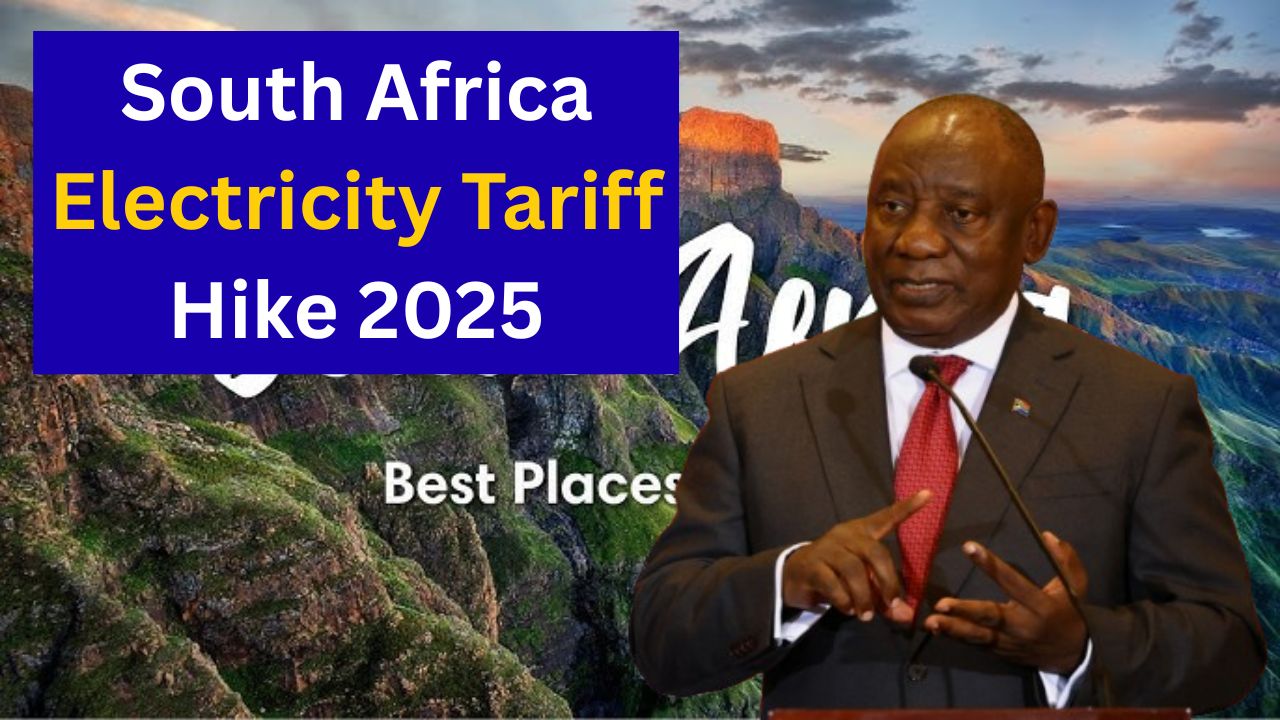There will be massive revision to electricity tariffs for South African households and businesses w.e.f. July 1, 2025, upon approval by the National Energy Regulator of South Africa (NERSA), as Eskom attempts to deal with escalating costs and decaying infrastructure.
What Tariff Changes Are Coming?
NERSA had granted Eskom a 12.74 % increase in direct tariffs from April 1, 2025, with a further tariff increase of 11.32 % for municipal electricity prices to be effective July 1, 2025 . Much of the municipalities including Johannesburg, Cape Town, and Ekurhuleni meant to enforce increases of greater than 12 %, which are four to five times higher than current inflation at a rate of about 2.8 %.
How Much Will It Cost Households?
The tariff increases translate for an average family consuming about 600 kWh per month in R190 more each month in energy charges. Consequently, energy bills rise from about R1,460 to R1,650 per month Prepaid users will bear a similar price increase, paying an estimated R245 to R333 per month extra depending on their municipality .
Why Have Rates Been Raised Sharply?
The tariffs have been hiked to enable Eskom to recover its soaring generation costs, for replacement of old infrastructure, and for the integration of alternative sources of energy like solar and wind . It also rationalizes tariffs in accordance with Eskom’s costs and in financing improvements to the grid. Greatly helped against some of the fixed-charge increases are low-income households on indigent support programs.
What Should Consumers Do Now?
Consumers can offset some of the utility inflation by investing in solar power and battery storage systems. These installations offer increasing self-reliance from grid power, potential savings, and cushioning from load-shedding . Residents are encouraged to investigate financing, rebates, or any city-based renewable energy programs to absorb some of the upfront cost.
The Outlook for the Future
The recent change ultimately represents one of several tariff increases over the past decade, during which electricity tariffs have been rising faster than inflation, with NERSA approving further increases of 5.36 % in 2026 and 6.19 % in 2027 . Household and business budgets will increasingly stress efficient energy use and independent power sources as the energy landscape shifts.
